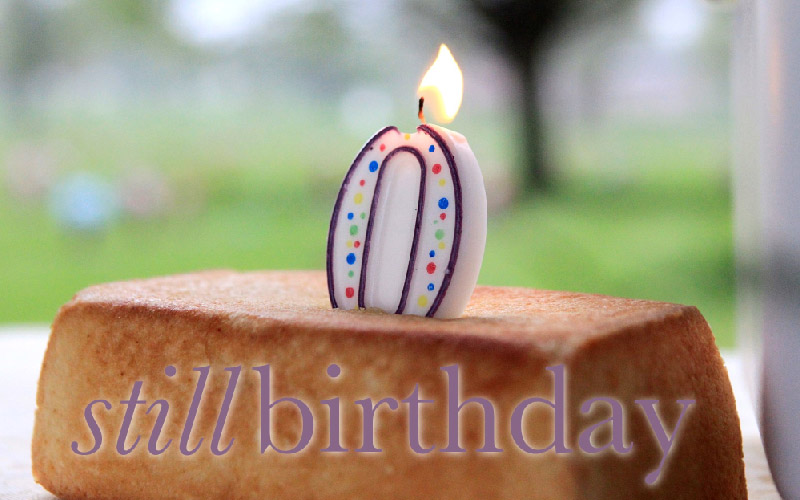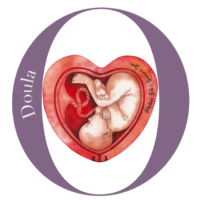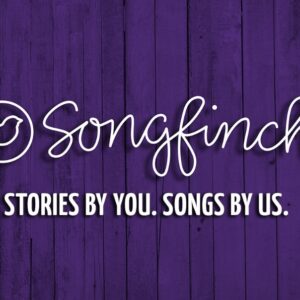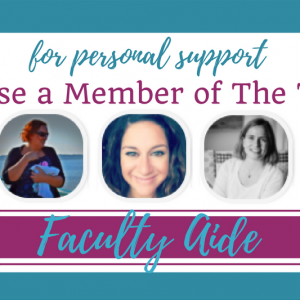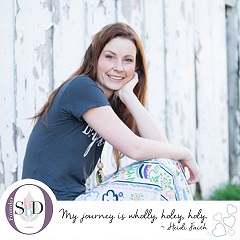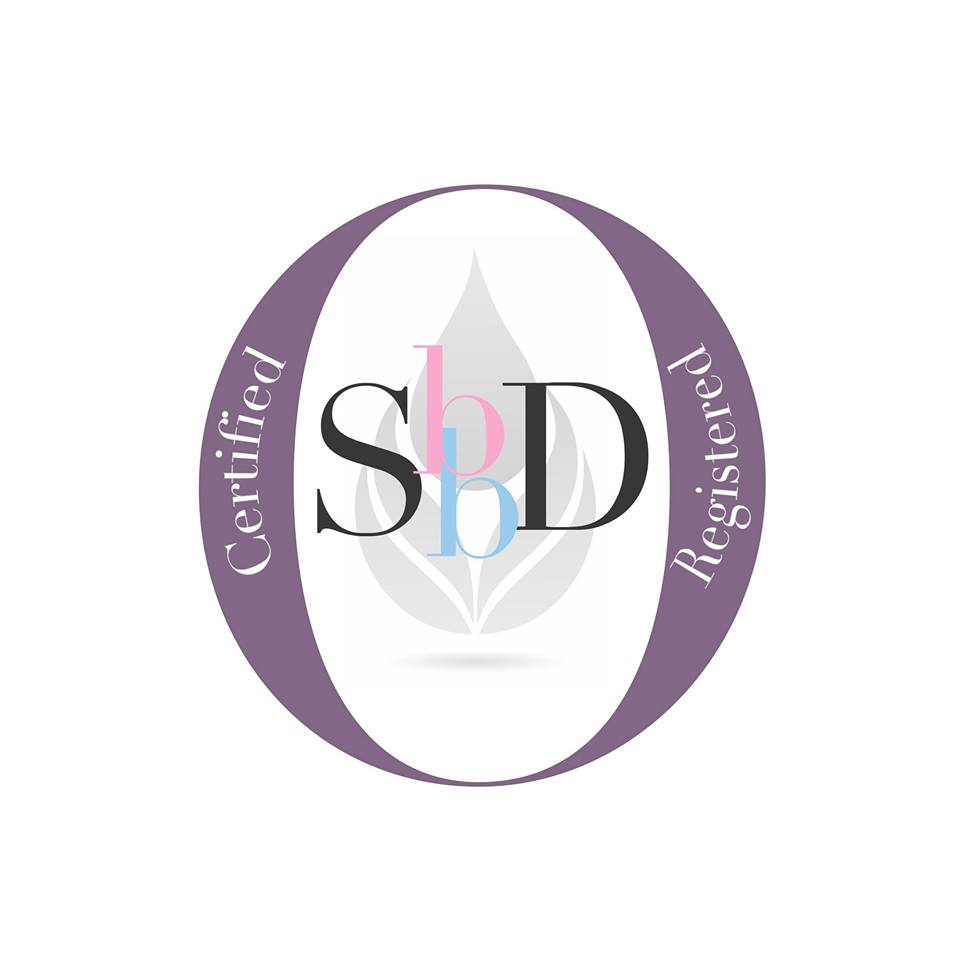An open letter to those who have hurt me through their faith.
And an open letter to those whom I have hurt through mine.
When you can dare to muster up some hope in a bleak place, you are courageous.
When you can dare to scrounge up morsels of reasons to continue to hope when logic flat tells you there aren’t any reasons, when you are willing to flail in crud to extend to your very last reach for these reasons, arching for these colorful, illusive thin strings dangling just beyond your grasp, when you can believe enough in the clasp of the thread that you clamor for it, yet unattained –
this is faith.
I know what it’s like to be scrambling for my own life, and to hear the morsels of hope that others thought would be helpful. Hurtful, is what it was.
Like on a Saturday night, my father snorting cocaine with his friends and then forgetting who his daughter was.
Like the next morning, when my father still groggy from the night’s events, is reciting the Apostles’ Creed at Catholic mass in his voice that, to the frail girl in the crumpled dress, held the power of life, and death.
Like when I was introduced to Unitarian Universalism by foster parents whom I adored greatly. Given the sense of unity, the message of the chalice, the feeling that all we had to do was hope and that hope itself would simply sustain.
Like when my darling foster mother became pregnant, and in hindsight to wonder how long she might have even longed to conceive and to reflect on what I know now of the deep maternal feelings that can burst in pregnancy. Nevertheless, like when I felt that now that there was a new baby, their real child, that I was in the way. Not included, in heart.
Like when I believed him when he said he loved me. I believed in vain that I could yet reach for hope to work things out. And like when I fled into a battered women’s shelter for my life – and my child’s.
Legalistically and hypocritically performing ritual.
Offering unity that in the end feels conditional and therefore, divisive.
Telling lies.
This is what my first experiences with hope and faith have been.
And the two were so contorted, so jumbled up, I couldn’t tell one from the other.
My first pregnancy, I learned I was pregnant in a Planned Parenthood. I walked into the clinic a messed up girl not sure where the next months would even bring me, but believing that if I could just conjure up some wishful thinking, I’d be alright.
I was so entirely detached of hope that I couldn’t even remember how to imagine it.
And I was told that I was pregnant.
And I walked out of that clinic totally transformed.
Hope, found me.
And even deeper still, I encountered faith.
Faith is holding your little one in your arms, in the back seat of a police car, getting dropped off at a battered women’s shelter.
But as my own faith grew, starting from those morsels of reasons, I didn’t know how to articulate it. All I knew, was that I didn’t want to lose it.
And so I lurched myself at it, stomped all over it, rolled around in it, and thrust it onto everyone I knew.
I was, in hindsight, obnoxiously flinging my faith at people – because I was scared of losing it.
And then, my baby died.
And the morsels dried.
Hardened.
I couldn’t choke them down anymore.
The platitudes, the morsels, they were then, thrust into my face by people who I felt should have known better.
“God needed an angel.”
“Trust God’s plan is a perfect one.”
I detested these things. I spat them out.
I was baffled, that my relationship with God was the only conversation of interest. Why do you feel so in need of defending a great big God, when rather, here, right in front of you, is a broken woman?
So when someone learns that I am Christian, the guard can go up. The assumptions.
The memories – of their own pain.
Because, so often – too often – faith hurts.
But the truth is, these behaviors of others, their thrusting, their platitudes, did push me away from them, from the people who I thought could carry some of the pain with me. And these platitudes very really could have turned me from God.
But I decided that a faulty representative of God doesn’t necessarily mean a faulty God.
So, I decided to learn Him.
And the legacy of my child whom I held in my arms in a battered women’s shelter has taught me about God’s power. I did make a mistake in believing a man’s lie. I can blame it on my childhood and on my mixed up life, but the core truth is, I was willing to believe in a flighty and a faulty hope. My child was a gift, and whatever I would do with that, it would not change that I could see that nobody in their right mind would trust me with a baby in my condition, unless they knew something about me that I didn’t.
And so the legacy of my child whom I held in my hands in the first trimester has taught me about God’s love. Life at that time appeared to be perfect. I was married, I was a legalistic Christian. I was in the early journey of quivering. In hindsight, what it means to present your womb as an offering to the Lord means – it means much more than I knew it did, and I suspect, much more than what many conservative Christian mothers think it means.
And then, life was destroyed. At least, life as I saw it.
I know that when I speak of my childhood, people who haven’t endured what I have often respond with a sense of sorrow for what was destroyed and what was taken from me. But I confess to you, that as a child, the sense of lostness was literally lost to me. I lived in an orphanage with a roommate who had been left in the trash as a baby. With another whose mother was high on crack and placed her in a scalding bath so that her chocolate black legs are forever marked with the most beautiful and tragic patterns of folds and ripples of alternating shades of brown and pink.
Being aware that I wasn’t normal was my normal.
I can chalk up my childhood to God carrying me, and it sounds like a powerful enough story. In some ways, I know that it is. I’ve shared pieces of my childhood in churches and I’ve seen the response.
But I didn’t encounter God during any of that. In hindsight, there was no mutual agreement and no conversation about it, God just flat chose to look upon me and keep me alive during times I shouldn’t have been.
And so, it was in Planned Parenthood, when I saw that it was He who had carried me.
A hope was planted, and enough endurance came with it to grow into a faith.
There were no, by the way, picketers offering to adopt my baby or give me shelter. It was just me and God. And, ironically, my choice.
But 10 years later, God gave me a child in a situation in which I didn’t fear for my life.
And I saw this baby, lifeless, on the ultrasound monitor.
And as surely as I knew he wasn’t alive, I was sure God would breathe life, speak life back into my baby.
And then darkness fell. He didn’t.
It didn’t make any sense.
Nothing I knew about God fit into this.
This wasn’t supposed to be part of the story.
How do I carry this story? This brokenness? This lostness? How do I carry what has happened?
The legacy of this child is that I have had to face my responsibility to learn this God I have smeared into other people’s faces.
Like searching for a spiritual autopsy, I scoured my Bible, jotted scribbles into my journal and splashed tears upon ink, and have heaved, heaved, heaved my crumpled spirit forward.
Moms, you might know what I’m talking about.
The chasm.
Trudging through, disconnected from loved ones, church, self identity.
Feeling so entirely vulnerable, broken open, raw, brand new, fragile and weak.
And in the darkness, in the mist, I found a finely thin thread of color.
Of light.
Of hope.
The walk through the valley of the shadow of death has transformed me.
My made up mind in Planned Parenthood very really threatened my physical life, but led me to obedience in ways that very literally probably saved my life.
My broken heart in the OB office 10 years later, led me to a whole new level of living.
Now, when I talk about my faith, I know that others have hurt me with theirs. And I know I have hurt others with mine.
But my reason isn’t to trick you into signing up for a mailing list that you’d rather toss in the trash. It’s not trickery. It’s not legalism. It’s not lies.
I share just how arduous my faith journey has been, specifically because, whatever faith journey you are on, of any spiritual or emotional context, you just might have to get messy with it. The faith you thought would be there might not be there every day. You might question if you ever had a faith. You might question if you ever should.
If you’re enduring a crisis of faith, or if you feel angry or abandoned in your faith, I want to encourage you, truly whatever your faith is – this is not denominationally or doctrinally motivated – to sit with it. To go slow. Open up your space and heart and soul to the possibility that what feels like an endless valley of darkness just might have a thread of hope in it. And in time, a new kind of faith can grow, with much more clarity and depth and splendor than you ever imagined.
It’s happened with mine – it’s happened to me.
It is the hardest, clumsiest, messiest, ugliest, loneliest, most painful journey ever.
The death of my child is flat the most difficult thing I have ever had to endure in all my life. And in case you didn’t know before now that I’ve been through some things, you now know that I’ve been through some things.
But I would not undo his existence just to undo my pain.
And the legacy he leaves behind is that a hope has been planted, a faith has grown, and a love has bloomed, wildly.
I can’t explain it, and I don’t always get it right. And I know that for some, it takes a whole lot of courage to hear that I am Christian, because it causes you to face pain. For those hurts, for those times when people have defended God instead of defending you, for those times when people you trusted, loved, depended on, when they poorly represented what faith should look like, when faith has hurt, I am so sorry. I am so sorry.
When you can dare to muster up some hope in a bleak place, you are courageous.
Wherever your hope is, and whatever nurtures it into a faith, and wherever that faith grows and wherever your journey leads you, remember, you are worthy of hope. Worthy of love.
